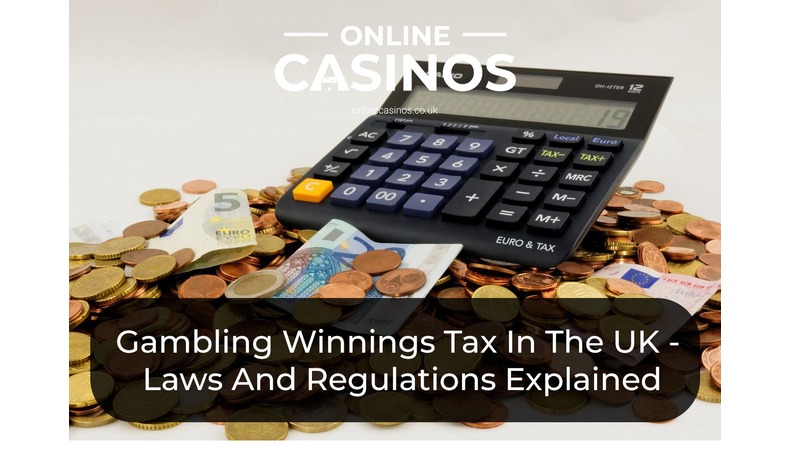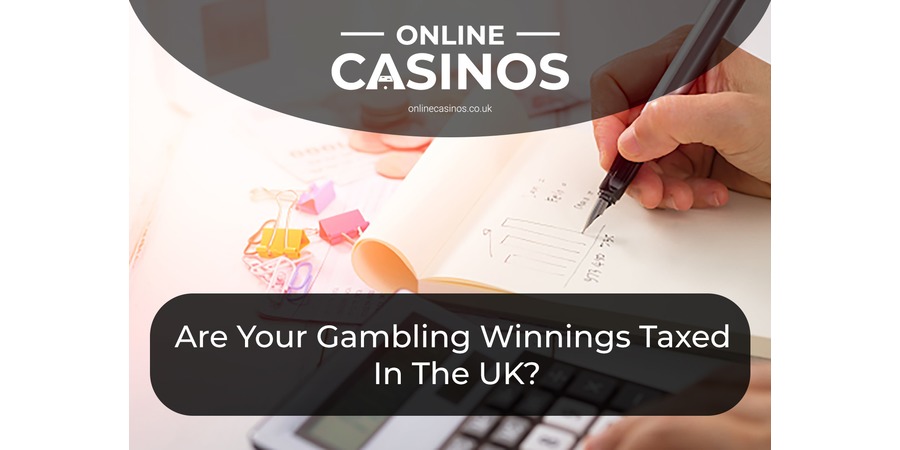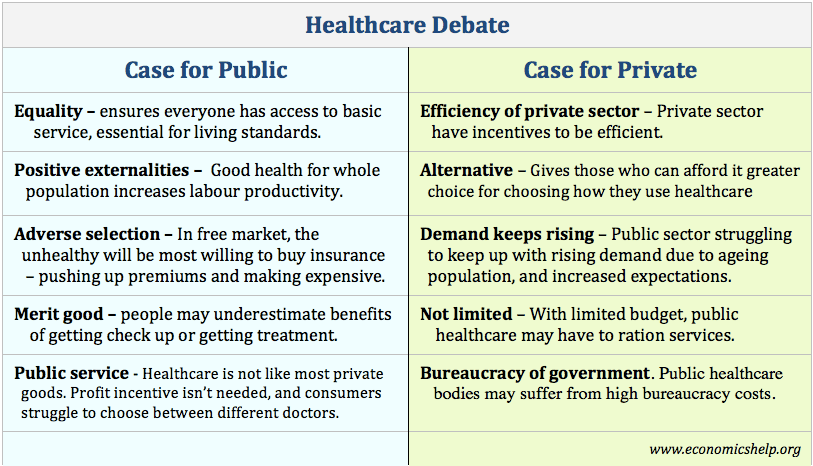In countries where gambling is legal, government revenue from the gambling industry has been rising rapidly. Ever since the advent of the Internet, the gambling industry has grown significantly.
In 2002, the UK government was concerned the British gambling industry wasn't going to be able to compete with the rise of online gambling sites in UK. This led the government to abolishing the tax on gambling for the players. As we can see today, the decision was a successful one. The UK gambling industry is still alive and well to this day. Gambling winnings are fully taxable and must be reported by individuals as income on their tax returns regardless of the size of the winnings. Gambling income includes, but is not limited to, winnings from casino gambling (e.g., slots, blackjack, craps, roulette), lotteries, raffles, and horse and dog races.
In the UK, for example, between 2009 and 2010, four percent of adults had placed at least one bet online. Today, that percentage is nearing 8%.
The gambling industry, since its inception, has found new ways to take advantage of new tech developments. The industry is evolving rapidly. Websites that feature, for example, information on best betting apps, have to update their data much more frequently today than before.
Gambling is the act or practice of playing games of chance for a stake. In the vast majority of cases, the stake is money. However, it could be any possession, including the ‘shirt on his back' if the gambler has run out of money.
Nevada revenue from gambling industry

Nevada is a western US state with a population of nearly three million. Its most famous city, Las Vegas, is home to many 24-hour casinos. The Nevada Gaming Commission says that in the Las Vegas strip area alone, there are 45 casinos.
In 2017, Nevada casinos generated $26.2 billion (€23.05bn, £20.06bn) in gambling revenue. This represented a 3% increase compared to 2016.
The total was a new record and meant that gambling tax receipts were once again higher than they had been before the 2007/8 Global Financial Crisis.
UK Government revenue from gambling industry
In the UK, the gambling industry is huge. In 2017, government revenue, i.e., tax, from the gambling industry, reached £13.8 billion.
Ten years ago, gambling laws in the UK were liberalized. Since then, tax revenue from gambling has risen by 65%.
The Gambling Act 2005 came into force in 2007. It allowed TV advertising for sports betting, poker, and online casinos. In other words, it meant that betting firms had direct access into our homes.
Government income from online betting, rose from £817 million in 2009 to £4.5 billion in 2017, says The Guardian. Today, online betting represents more than one-third of the UK's gambling industry.
Ireland to double gambling tax
Gambling tax in Ireland is set to double from one to two percent for both online and retail bets. Duties that the government levies on gambling exchanges will also rise, from 15% to 25% – this is when betting shops (bookmakers) match wagers between customers.

The Irish gambling industry warns that the new taxes will ‘kill the industry.' The Telegraph quotes Paddy Power Betfair which said the new taxes would increase its betting duty bill by £20 million.
Gambling Income Tax Uk
Those who gamble, especially those who are very new to it or, conversely, those that do it an awful lot, often wonder if there are any tax implications involved with gambling. The short, simple and wonderfully sweet answer is that no, there is no tax at all to pay on either gambling winnings or stakes in the UK (if you are not based in the UK please check your local jurisdiction).
This was not always the case, you might be unsurprised to hear, as the government is never one to miss a chance to squeeze an extra few quid out of us when they can. Betting shops were legalised as part of the liberal mood that swept the country during the 1960s but a tax was levied, either on the stake or winnings (as decided by the punter prior to bet placement). This was charged at 9% but was abolished by Gordon Brown in the March budget of 2001, with the changes coming into effect on January 1st 2002.

Nevada is a western US state with a population of nearly three million. Its most famous city, Las Vegas, is home to many 24-hour casinos. The Nevada Gaming Commission says that in the Las Vegas strip area alone, there are 45 casinos.
In 2017, Nevada casinos generated $26.2 billion (€23.05bn, £20.06bn) in gambling revenue. This represented a 3% increase compared to 2016.
The total was a new record and meant that gambling tax receipts were once again higher than they had been before the 2007/8 Global Financial Crisis.
UK Government revenue from gambling industry
In the UK, the gambling industry is huge. In 2017, government revenue, i.e., tax, from the gambling industry, reached £13.8 billion.
Ten years ago, gambling laws in the UK were liberalized. Since then, tax revenue from gambling has risen by 65%.
The Gambling Act 2005 came into force in 2007. It allowed TV advertising for sports betting, poker, and online casinos. In other words, it meant that betting firms had direct access into our homes.
Government income from online betting, rose from £817 million in 2009 to £4.5 billion in 2017, says The Guardian. Today, online betting represents more than one-third of the UK's gambling industry.
Ireland to double gambling tax
Gambling tax in Ireland is set to double from one to two percent for both online and retail bets. Duties that the government levies on gambling exchanges will also rise, from 15% to 25% – this is when betting shops (bookmakers) match wagers between customers.
The Irish gambling industry warns that the new taxes will ‘kill the industry.' The Telegraph quotes Paddy Power Betfair which said the new taxes would increase its betting duty bill by £20 million.
Gambling Income Tax Uk
Those who gamble, especially those who are very new to it or, conversely, those that do it an awful lot, often wonder if there are any tax implications involved with gambling. The short, simple and wonderfully sweet answer is that no, there is no tax at all to pay on either gambling winnings or stakes in the UK (if you are not based in the UK please check your local jurisdiction).
This was not always the case, you might be unsurprised to hear, as the government is never one to miss a chance to squeeze an extra few quid out of us when they can. Betting shops were legalised as part of the liberal mood that swept the country during the 1960s but a tax was levied, either on the stake or winnings (as decided by the punter prior to bet placement). This was charged at 9% but was abolished by Gordon Brown in the March budget of 2001, with the changes coming into effect on January 1st 2002.
Taxing Offshore Betting Sites
The then Chancellor was concerned that the country was losing revenue – not to mention jobs – to offshore gambling sites which people could access via their phones or the internet. Many of the big UK brands had moved offshore where they could take bets without the punters being taxed and Brown's move was designed to stop that. The tax on the gambler was replaced with a 15% levy on the gross profits of bookmakers and since that momentous day over 10 years ago there has been no tax at all for punters to pay no matter how much they win from gambling.
This has had many ramifications and one is the growth of financial betting as an alternative to conventional investment mechanisms, the former offering tax free winnings, the latter subject to standard tax laws. It has also made UK-based bookies and betting shops far more competitive and has been instrumental in the growth and success of the UK gambling industry.
Uk Gambling Tax Rate
Follow up legislation further strengthened the domestic market by levying the same 15% tax that UK-based companies face against those based offshore. Remote gambling operators with UK customers currently benefitting from their bases in offshore havens such as Gibraltar and the Isle of Man now have to pay 15% tax on their operating profits. It was estimated to raise around £300m annually for the government and came into force in December 2014.
FOBT's Stakes Down, Online Taxes Increase to 21%
In 2019, and after a long drawn out battle in both the media and houses of commons, the maximum stake permitted on Fixed Odds Betting Terminals found in high street bookmakers was reduced to £2 – a huge cut when you consider the fact that the previous limit had been £100.
Gambling Tax Uk 2019
Whilst the cut in stake was primarily intended to help protect vunerable and problem gamblers it also had the knock on effect of reducing the tax revenue generated by the machines. To compensate for this the UK Government chose to increase the 15% tax rate to a whopping 21%.
Gambling Losses Tax Uk
Despite the increase, crucially, this has no real impact on us as punters. To go back to the very simple answer as the beginning of this piece – gambling profits and stakes in the UK are still totally tax free.